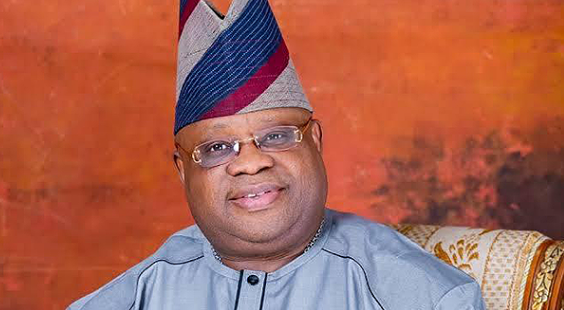The Independent Corrupt Practices and Other Related Offences Commission (ICPC) has reported a significant shift in Nigeria’s anti-corruption landscape, with 70% of citizens rejecting bribery attempts in 2023. This was disclosed by ICPC Chairman, Dr. Musa Adamu Aliyu (SAN), during a conference in Kano with Attorneys-General from the North-West zone.
A Growing Resistance Against Corruption
Dr. Aliyu emphasized the importance of collective action in tackling corruption, stating that the fight should not be left to the government or any single agency. “No single arm or tier of government can fight corruption alone. We must come together locally, regionally, and internationally to create systems of accountability and transparency,” he said. He urged Attorneys-General in the North-West to collaborate closely with the ICPC to strengthen mechanisms that serve the public interest.
Highlighting regional progress, Aliyu noted that in the North-West, 76% of individuals refused bribe requests, the highest refusal rate among Nigeria’s geopolitical zones. This growing resistance, he said, signifies a promising shift in public attitude towards corruption.
Strengthening Collective Efforts
The conference, themed “Establishing a Community of Practice for Attorneys-General,” aimed at fostering long-term partnerships to build a united front against corruption. Dr. Aliyu reiterated the ICPC’s commitment to law enforcement and preventive measures, stating, “As Chairman, I am dedicated to using our powers and preventive strategies to enlist public support in combating corruption within the framework of the law.”
Judiciary’s Role in Prevention
Kano State Chief Judge, Justice Dije Abdu Aboki, commended the ICPC’s focus on preventive measures, emphasizing their long-term sustainability over enforcement alone. She remarked, “While enforcement and prosecution are essential, prevention addresses the root causes of corruption, making it a more enduring strategy.”
Justice Aboki highlighted the judiciary’s proactive stance, citing the establishment of the Judicial Public Complaints Committee (JPCC) in Kano State. “The Judiciary must lead by example. Our JPCC has been instrumental in addressing grievances, promoting accountability, and investigating allegations of misconduct, abuse of power, and corruption within our system,” she stated.
Fostering Regional Collaboration
Justice Aboki lauded the initiative to create a community of practice among Attorneys-General, emphasizing its potential to harmonize anti-corruption strategies across states. “No single entity can combat corruption in isolation. Collaboration fosters shared learning and strengthens our collective resolve to uphold the rule of law,” she concluded.
The conference underscored the need for a multi-stakeholder approach to fighting corruption, with both government institutions and the public playing pivotal roles. With increasing public resistance to bribery and a focus on preventive strategies, Nigeria’s battle against corruption is gaining momentum.
Discover more from DnewsInfo
Subscribe to get the latest posts sent to your email.




